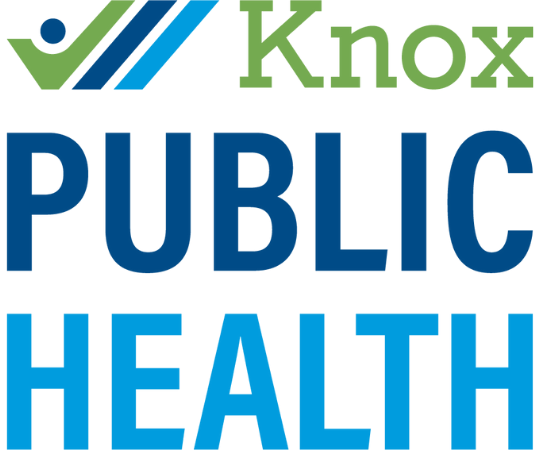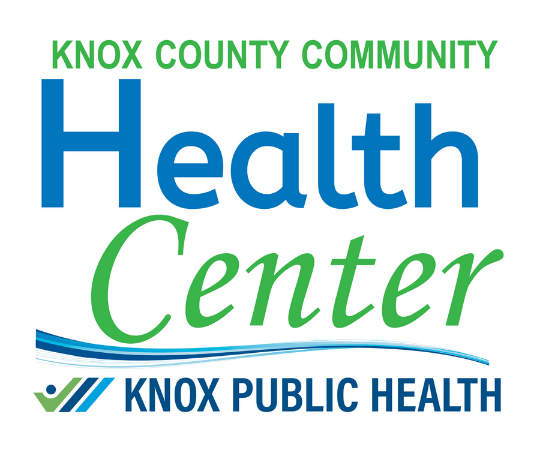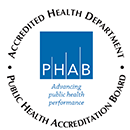
No one is immune to some challenges in life. Regarding getting help or taking steps to better your mental health, there seems to be a stigma unique to men. They are groomed in many cultures to always be "strong" and "tough" regardless of internal struggles.
We have learned through years of research and reaching a better understanding of what all people experince in life that these "strong" and "tough" exteriors are not a true mirror into a man's mental wellbeing. We would like to encourage men, and everyone, to find time for their own mental health. Take care of yourself, and work to shed the stigma of caring about your own feeling and challenges.
Here are some idea about how to remind yourself that your mentla health is important. You can be [men]tally healthy.
- Get Quiet Time - Take time to just shot off the day. A few minutes of quiet can help relax the stressers that occurred throughout the day and bring calm into the next task at hand.
- Get Back Into Nature - It's no secret that fresh air does everyone a little good. Take some time to take a few deep breaths.
- Get a [healthy] Hobby - Hobbies give us something to connect with a look forward to. If you're a social being then invite friends to take part in your hobby. If you would rather combine your hobby with quiet time, consider a favorite area of your home where you can find inspiration.
- Get Selfish with your Physical Activity Routine - Gone is the stigma that physical activity equates to becoming a bodybuilder. Physical activity can be simple exercises. It is recommended by the American Heart Association that and adult participate in at least 150 minutes of moderate activity a week (about 20 minutes per day). Click HERE for tips.
- Get Help - Every moment of your life is meaningful. We want those moments to help develop you as a person positively. There are resources and down to earth people here to help you. Give us a call so we can help.
Where to get help:
-
Schedule to see one of our counselors at the Health Center: 740-399-8008
- National Suicide Prevention Lifeline: 1-800-273-8255



